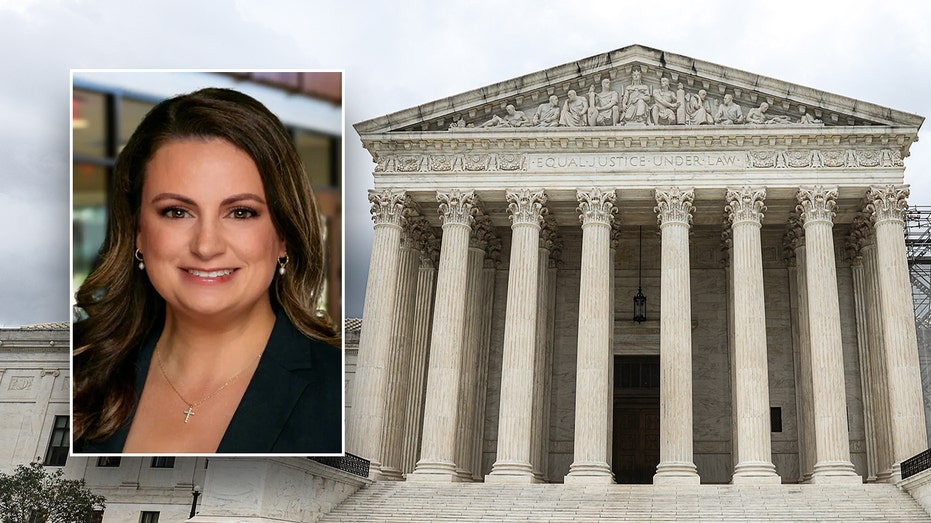Legal Institute Celebrates Supreme Court Decision: 'Religious Liberty Is Alive and Well'
Tiffany Dunkin hails Supreme Court's unanimous ruling as a major victory for religious freedom and a rebuke of government overreach.

The Supreme Court’s 9-0 decision in favor of the Catholic Charities Bureau (CCB) has been hailed as a landmark moment for the protection of religious liberty in the United States. The ruling definitively struck down a Wisconsin state argument that sought to deny religious tax exemptions to the CCB because its services did not include proselytizing or serve only members of its faith. Legal advocates and faith-based organizations are calling this decision a powerful check against government encroachment into religious practice and identity.
Tiffany Dunkin, an attorney with the First Liberty Institute, stressed that the case was an unambiguous affirmation of constitutional principles. "This was not a hard call," Dunkin remarked following Thursday's unanimous judgement. "The government cannot decide what it means to be religious. The First Amendment prohibits the government from doing that." She highlighted that the state of Wisconsin had attempted to judge the merits of Catholic Charities’ religious status based solely on whether it evangelized or limited assistance to Catholics—a test the Supreme Court wholly rejected.
The central question before the court in Catholic Charities Bureau Inc. v. Wisconsin Labor and Industry Review Commission was whether faith-based nonprofits delivering vital public services were "religious enough" to merit the same legal protections as churches or houses of worship. Catholic Charities, a key arm of the Diocese of Superior, provides crucial care for individuals with disabilities and those facing mental health challenges, regardless of creed. The state argued these acts were not "primarily religious." However, in a clear rebuke, the Supreme Court decided otherwise.
Justice Sonia Sotomayor, writing for the Court, made it explicit that the government lacks any authority to measure or rank the religious character of charitable endeavors. The ruling reinforces the constitutional barrier between church and state, emphasizing that government bodies have no place determining which religious expressions are worthy of legal recognition or benefits.
Dunkin pointed out that this case is emblematic of a broader national issue. "This is actually a pretty ongoing problem across the country," she explained, noting that similar disputes have emerged in Ohio, Colorado, and Arizona, where local governments scrutinize whether the charitable work by religious entities justifies their legal exemptions.
Such cases raise far-reaching implications, especially for the thousands of religious nonprofits providing food, shelter, and aid without regard to recipients’ faith. Dunkin warned that, had the Supreme Court ruled in Wisconsin’s favor, it would have set a dangerous precedent. "It would allow the government to step into the religious doctrine of all faiths more than our Founding Fathers ever intended," she said. "The government cannot step in and get involved in deciding and picking and choosing between one type of religious activity and another."
The ruling sends a strong signal that religious organizations need not prove their faithfulness through proselytizing or exclusivity to access legal benefits granted to other religious institutions. Dunkin underscored the practical impact: "They should feel emboldened to continue to do what they feel called to do by their religious faith… especially in a charitable sense."
Ultimately, the Supreme Court’s unanimous decision stands as both a reaffirmation of long-standing First Amendment protections and a warning to government entities nationwide: the state has no role in defining or limiting the scope of religious practice, particularly when it comes to serving those in need. Advocates say this decision not only protects Catholic Charities but also sets a robust precedent for faith-based organizations of all backgrounds, ensuring their essential work remains shielded from government interference moving forward.




